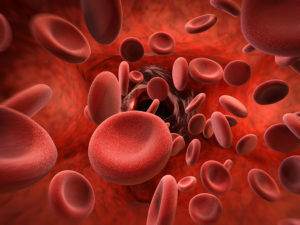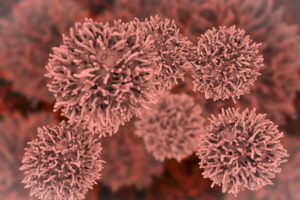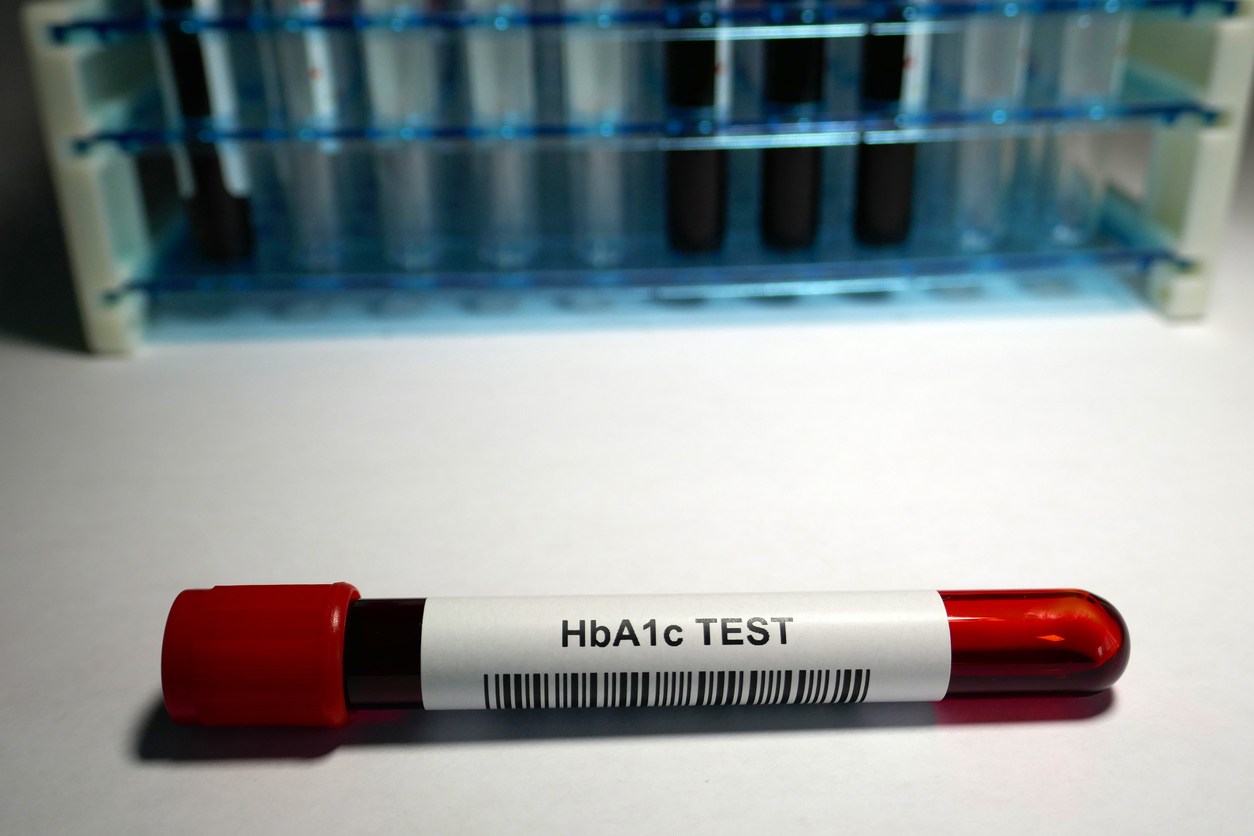Exploring Sex Disparity in Coronary Microvascular Function Among T2D Patients

Women who have type 2 diabetes (T2D) without cardiovascular disease have impaired coronary flow reserve (CFR) compared to men. CFR—the ratio of stimulated to rest myocardial blood flow (MBF) assessed by cardiac PET—is a well-established indicator of coronary microvascular dysfunction and predictor of death.



 Hypertension has become a public health crisis in the United States and around the world. While most hypertension specialists come from the disciplines of nephrology, cardiology or internal medicine,
Hypertension has become a public health crisis in the United States and around the world. While most hypertension specialists come from the disciplines of nephrology, cardiology or internal medicine, 



 A new study led by researchers at Brigham and Women’s Hospital (BWH) has found that a single measurement of plasma glycated CD59 (GCD59), a novel biomarker for diabetes, at weeks 24-28 of gestation identified, with high sensitivity and specificity, women who failed the glucose challenge test as well as women with gestational diabetes. Plasma levels of GCD59 were also associated with the probability of delivering a large-for-gestational-age newborn. These findings were published in
A new study led by researchers at Brigham and Women’s Hospital (BWH) has found that a single measurement of plasma glycated CD59 (GCD59), a novel biomarker for diabetes, at weeks 24-28 of gestation identified, with high sensitivity and specificity, women who failed the glucose challenge test as well as women with gestational diabetes. Plasma levels of GCD59 were also associated with the probability of delivering a large-for-gestational-age newborn. These findings were published in